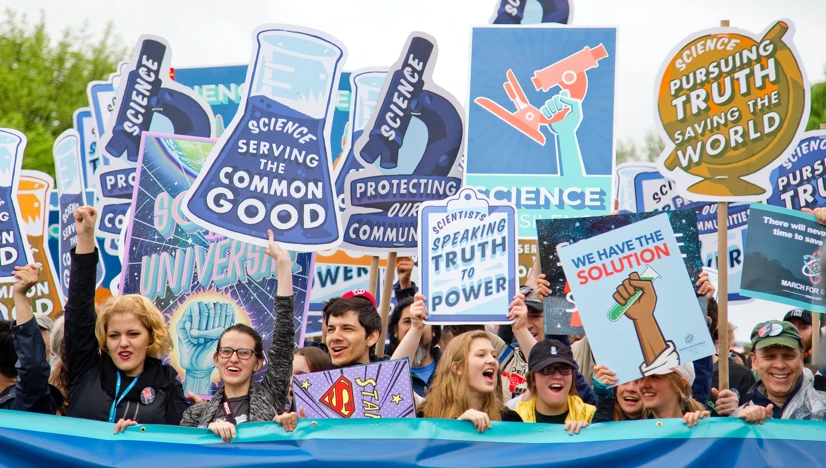Is economics a science?
Real-world economics review
Photo by Vlad Tchompalov on Unsplash
Abstract:
"After more than a century of near-complete hegemony of the neoclassic paradigm in the subject, we take it for granted that economics, as it is nowadays practiced, is a science in the same sense as other fields of scientific inquiry. Although many critiques and dissenting voices can and have been heard questioning various aspects of different theories and models, the overall scientificity of economics as such has mostly been left unquestioned. Economists still present themselves as experts, Nobel and various other prizes in economics are awarded, thousands of papers are published in “scientific journals”, and hundreds of thousands of students engage in their studies worldwide to become professional economists, all following a remarkably similar student plan and curriculum all around the world. However, in this paper, I go a step further and ask the question, not without hesitation due to the seriousness of the negative answer I propose to it, whether economics as it is practiced nowadays and presented to the public at large, can be considered a science at all. More than the question about whether we have good or bad economic science, it is the whole edifice and the way modern economics has come to be thus being questioned." Andri W. Stahel
Comment from our editors:
The author questions the status of modern economics. Can economics predict people's behavior with the use of mathematic models? Does economics belong with human sciences or natural sciences?
Through Lakatos and Popper and the history of economic thought, the analogy between economics and physics is questioned. It is this analogy enabling mainstream economists to explain that economic analysis through models and assumed 'natural laws' is the apt approach to the subject, by contrast to path-dependent approaches such as the german historical school, for example. For them, economics is an objective, neutral science rather than a complex, dynamic web of human interactions unfit for rational modelling.
Go to: Is economics a science?

